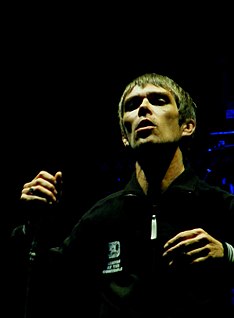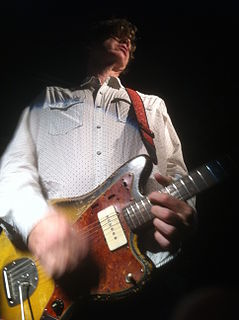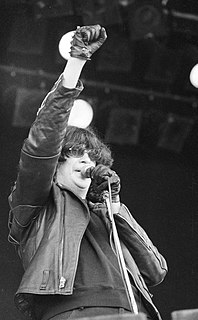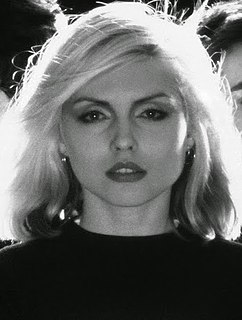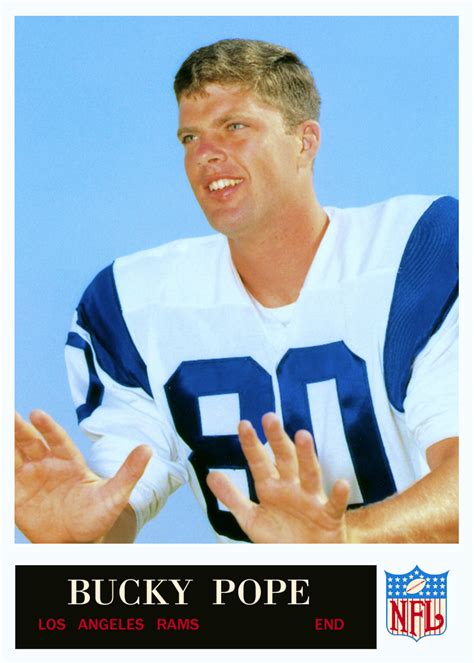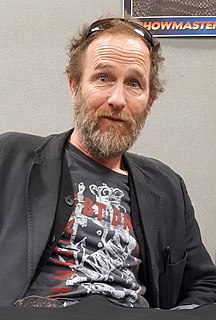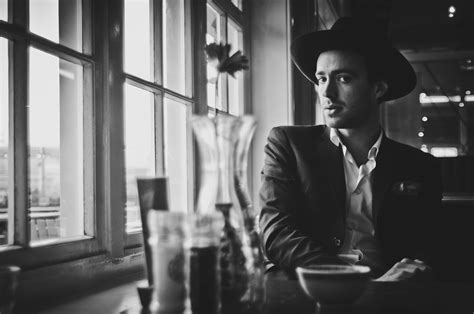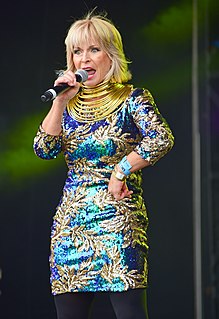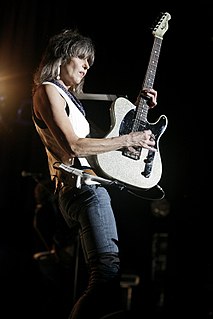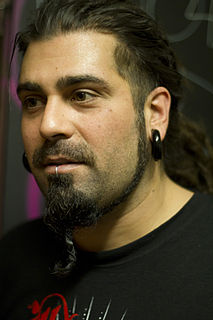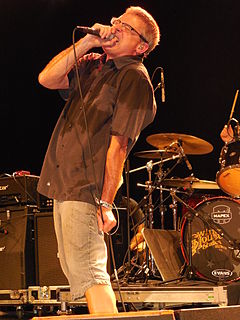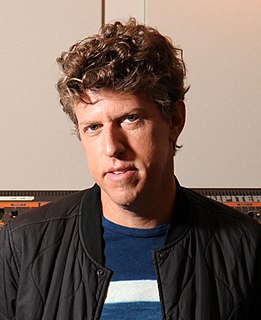A Quote by Ian Brown
Related Quotes
To begin with, the key principle of American indie rock wasn't a circumscribed musical style; it was the punk ethos of DIY, or do-it-yourself. The equation was simple: If punk was rebellious and DIY was rebellious, then doing it yourself was punk. 'Punk was about more than just starting a band,' former Minutemen bassist Mike Watt once said, 'it was about starting a label, it was about touring, it was about taking control. It was like songwriting; you just do it. You want a record, you pay the pressing plant. That's what it was all about.'
When I was young I wanted to make films and then I got into folk music when I was about 12, and started going to this folk club in Auckland. My dad [Barry Andrews] was in punk and post-punk bands, so I guess it was a side of music I hadn't really listened to before - the really narrative form of songwriting.
It seems like the powers that be are really trying to separate everything and really divide the genres and divide the trends. If you're metal and you don't sound like Slayer would sound now, then you're not metal. If you're punk rock and you don't sound like and preach about what The Sex Pistols would have preached about back in the day, then you're not really punk rock.
